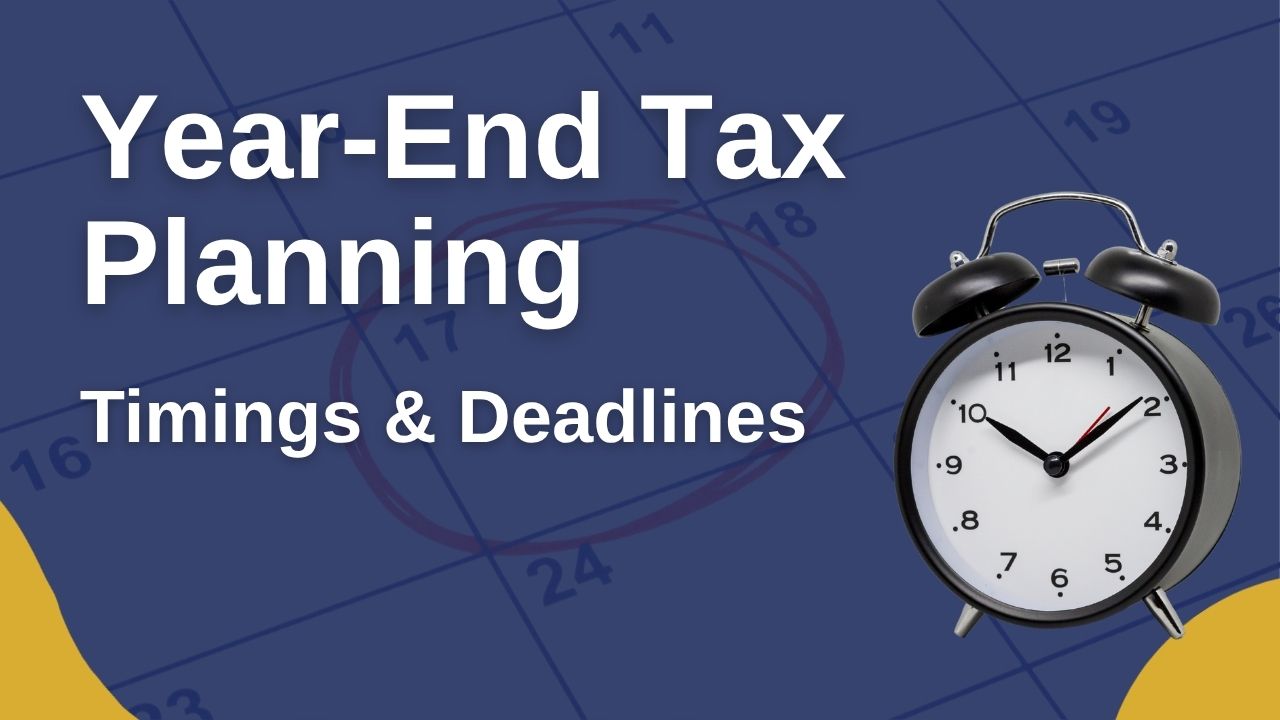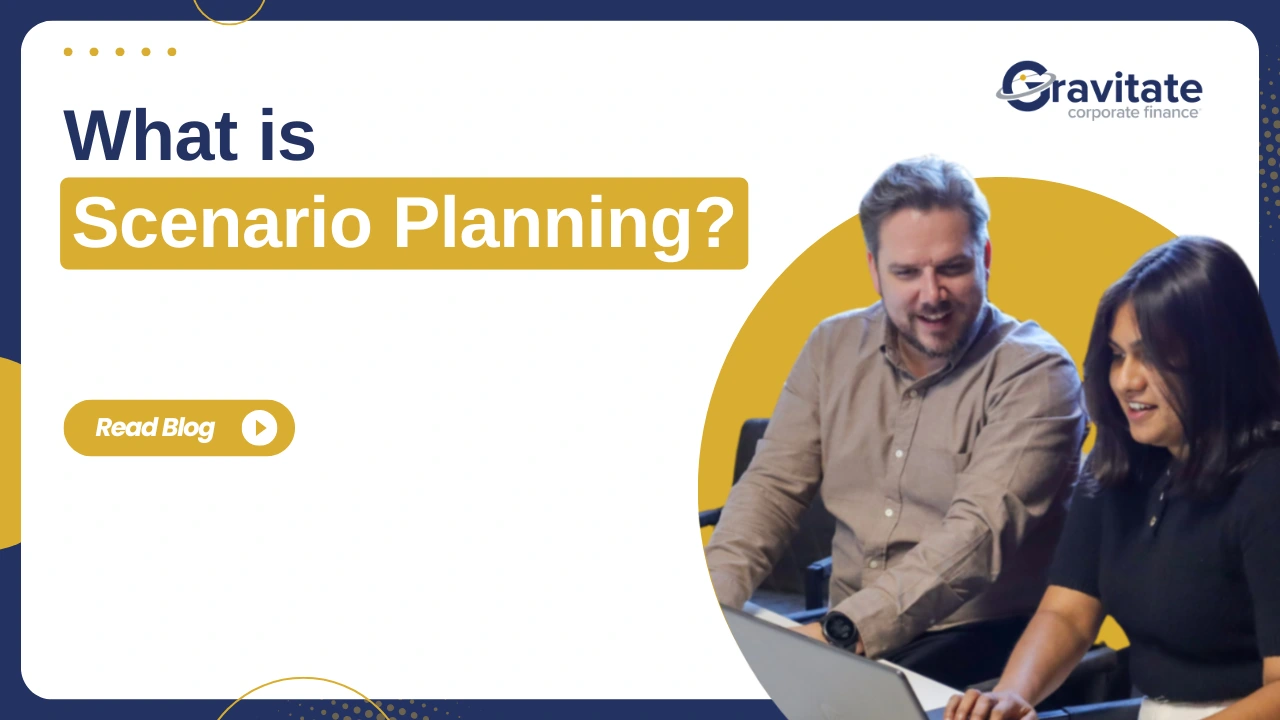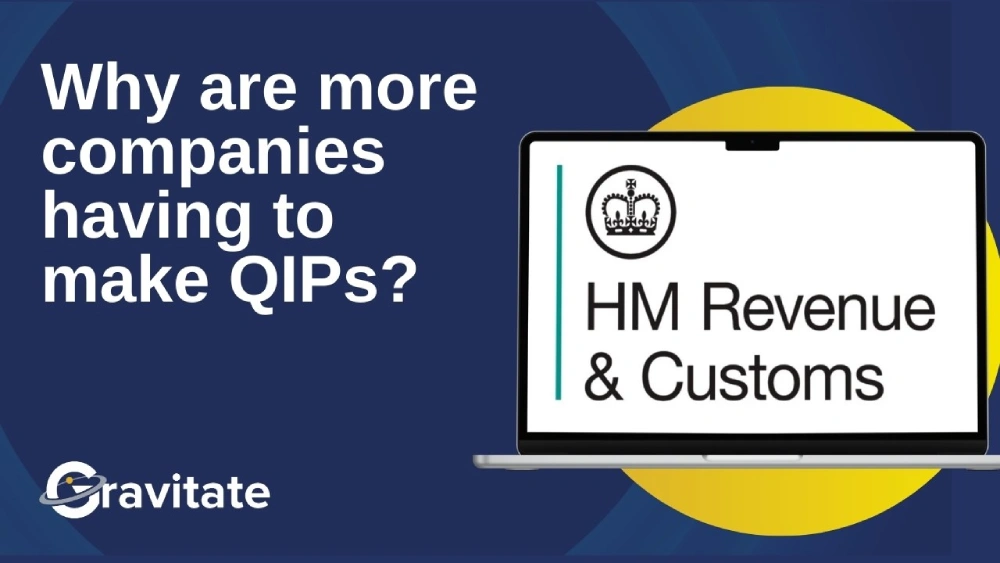For business owners, the tax year-end is the perfect time to review company finances, streamline bookkeeping, and implement proactive strategies to minimise your overall tax bill.
It’s all about timing, however, as many reliefs and allowances work on a strict tax year basis (ending 5 April), and once the deadline passes, the opportunity is gone. This is why planning ahead is so important for a good tax position.
Review your personal and business year-ends
It’s important to understand where your company’s accounting year-end sits in relation to the personal tax year, which ends on 5 April.
Knowing this helps you see how your personal remuneration (including salary, dividends, and bonuses) aligns with your tax year. While you don’t necessarily need to change dates, being aware of the timing allows you to plan more effectively and understand how income in a given period may push you into higher tax brackets.
You can accelerate or defer income/expenditure
Expecting to be in a higher tax band next year? You may want to bring forward costs or delay income into the following year.
Likewise, if profits are looking higher this year, accelerating expenses (like equipment purchases or pension contributions) could reduce your tax bill now.
For your business tax
If you expect higher profits next year, consider bringing forward allowable business expenses or delaying sales/income until the following year. This can help manage taxable profits and reduce your current-year tax bill.
For your personal tax
If you expect to be in a higher personal tax band next year, you might defer dividends or bonuses into the next tax year. Conversely, accelerating personal investments or pension contributions now can help reduce this year’s tax liability.
Check use of annual allowances before 5 April
Every year you receive a range of personal allowances and reliefs (e.g. dividend allowance, ISA allowance, pension contributions, capital gains tax exemption). These allowances are “use it or lose it” , meaning they do not roll over (with some exceptions, like pensions).
A proactive accountant will flag these issues well in advance, giving you the flexibility to choose the most efficient course of action! If you’d like to speak to one, send us a message today!

.png)


.png)

.png)
.png)

.png)
.png)
.png)













.png)
.png)
.png)

.png)
.png)

.png)







.webp)
.webp)








.jpg)

.webp)
.png)

.svg)
